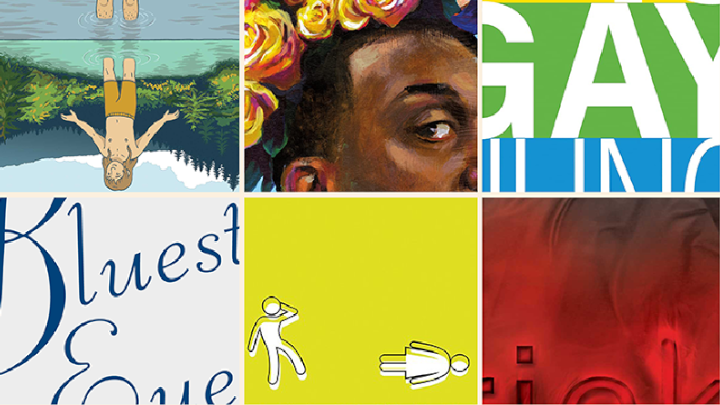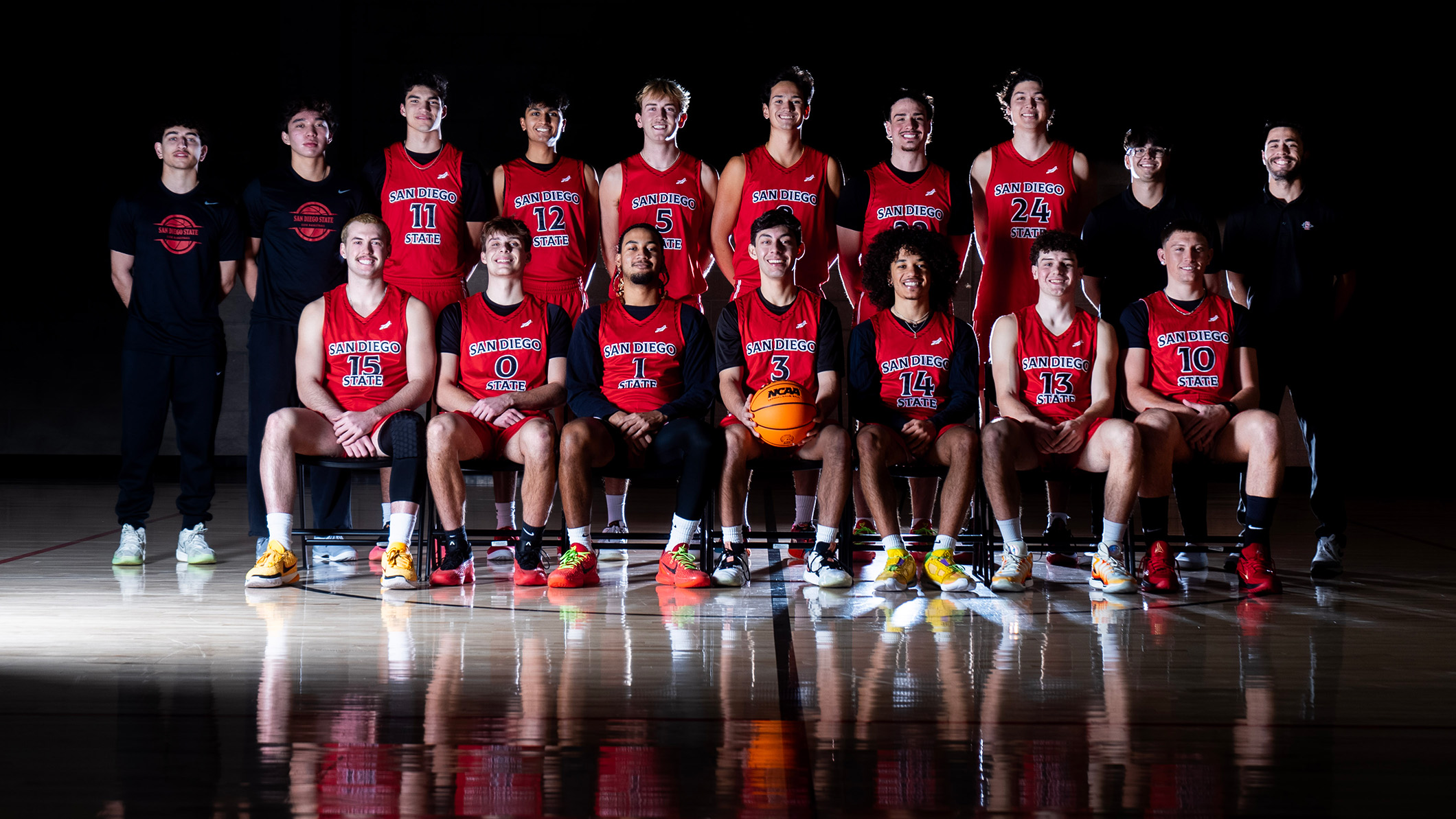Freed Between the Lines: Banned Books Week 2024
Join other SDSU students, staff, and faculty to show your support for the right to read and to oppose censorship and book bans.

What is the SDSU Student Read Out and how can I participate?
Join other SDSU students, staff, and faculty to show your support for the right to read and to oppose censorship and book bans. Select a favorite banned book and read a short passage aloud. Sign up ahead of time so we have you on the schedule! Don’t want to read? Come listen and find a new book to read and enjoy!
“Any book worth banning is a book worth reading.”
― Isaac Asimov
What is Banned Books Week?
"Banned Books Week celebrates the freedom to read and spotlights current and historical attempts to censor books in libraries and schools. For 40 years, this annual event has brought together the entire book community — librarians, booksellers, publishers, journalists, teachers, and readers of all types — in shared support of the freedom to seek and to express ideas, even those some consider unorthodox or unpopular. The books featured during Banned Books Week have all been targeted for removal or restriction in libraries and schools. By focusing on efforts across the country to remove or restrict access to books, Banned Books Week draws national attention to the harms of censorship."
– American Library Association
What Do We Mean When We Talk About Banned Books?
Book challenges and bans primarily target public or school libraries,but there are even challenges to materials held in colleges and universities. A challenge is an attempt to remove or restrict materials, based upon the objections of a person or group. A banning is the removal of those materials. They are attempts to remove material from the curriculum or library, thereby restricting the access of others. Challenges may or may not result in the banning of the books in question. In many areas, books are being removed from libraries on the mere threat or anticipation of a challenge, meaning that no one has access to that material. Self-censorship out of fear of others' actions can be just as harmful as any outside challenge or book ban.
The American Library Association, which tracks book challenges and bans each year, reports a 65% increase in the number of challenged and banned books between 2023 and 2024 alone, with 4,240 unique titles targeted. This is a rising threat to the freedom to read.
“Censorship is to art as lynching is to justice.”
― Henry Louis Gates Jr.
Why Are Book Bans Problematic?
Book banning limits what students can learn and what teachers can teach.
Libraries even the playing field by providing access to all books to everyone, regardless of the race, social background, or economic circumstances; taking books out of libraries means taking them out of the hands of people who can’t afford to buy their own copies.
Book banning frequently targets efforts for diversity, equity and inclusion. Targeted books often feature subjects or characters for gender, sexuality, racial, cultural, religious identities.
We can trust individuals to make their own decisions about what they read and believe.
Banning books limits access to new ideas. Without new ideas, society cannot move forward.
Removing and banning books from public libraries is a slippery slope to government censorship and the erosion of our country's commitment to freedom of expression.
“If you only read the books that everyone else is reading, you can only think what everyone else is thinking.”
― Haruki Murikami
Are Book Bans Only Happening In States Like Texas And Florida?
No. While efforts to ban books from school and public libraries in Texas, Florida, Utah, and other parts of the United States have received great attention, there have also been local efforts to restrict access to books. For example:
In June of 2023, during Pride Month, protestors in Rancho Penasquitos checked out nearly all of the books on a Pride Month display in order to keep others from reading them.
In 2022 the Ramona School District rejected a state-endorsed social studies curriculum that includes material on gay rights.
What Books Are Most Frequently Challenged or Banned?
Can I Check Out Banned Books From The University Library?
San Diego State University does not ban books. If the library has the book in circulation, anyone with circulation privileges may check it out. To find out if the library has a book you are interested in, go to the library website homepage, enter the title in the search box, and the follow the links to locate the book. For the books listed above, the links to the catalog page are already included.
To learn more about how books (and other materials) are selected for your use at SDSU see our Collection Development Policy.
What Can I Do To Combat Book Banning?
The Unite Against Book Bans website has a toolkit for political advocacy against book bans. Steps they recommend are:
- Contact decision makers such as local, state and federal politicians to express your concern about book bans. Petitions that express the view of many people can have a large impact.
- Contact local media to alert them to efforts to challenge or ban books. Or write a letter to the editor to express your concern.
- Mobilize your community to speak out against efforts to ban books.
Use social media tools to raise awareness of the issue. - Read and talk about books, including those that have been challenged or banned.
EveryLibrary is a 501 c(4) nonprofit organization that builds alliances and grassroots support for library ballot measures, tracks legislation with the potential to affect libraries, and advocates for library funding and protection of library resources and positions. Through its Fight for the First initiative, EveryLibrary “[allows] you to take action against book bans in your community.”
"Books and ideas are the most effective weapons against intolerance and ignorance."
― Lyndon B Johnson
Where Can I Learn More?
- The American Library Association has extensive information about book banning efforts. They have also created the site Unite Against Book Bans with information you can use to advocate against book bans.
- California recently enacted the Freedom to Read Act
- California Governor Gavin Newsom's statement California Bans Book Bans and Textbook Censorship in Schools
Here are some recent news articles with additional information:
- San Diego County Agrees to Protect Books Targeted for Censorship (San Diego Union Tribune)
- Report: Last year ended with a surge in book bans (NPR)
- Book Bans Across the U.S.: Efforts to ban books are on the rise across the United States — and are becoming more polarized (New York Times)
A reminder that anyone with an SDSU ID can access a free electronic subscription to the New York Times
You can find San Diego Union Tirbune articles in this database.



